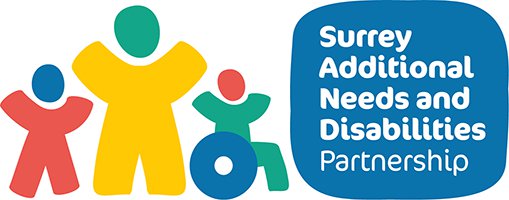Year 9 transition review meeting
Children and young people with an Education, Health and Care Plan (EHCP) will have a review meeting every year at school or college, to check that the support they receive is still appropriate and effective.
What is a Transition Review Meeting for?
The Transition Review Meeting in Year 9 is the start of planning the young person's transition to adulthood. This means thinking about what they will want to do when they leave school at age 16+, including:
- Next steps in education. All young people must stay in education, employment or training until 18 years old.
- Training and employment opportunities.
- Becoming more independent, including where they will want to live.
- Being part of their community (friendships, sport and leisure).
- Qualifications and skills they will need to achieve their goals.
- Health pathway, including a review of factors relating to their health.
Review meetings will continue to be held as the young person moves through their school and college years. EHCP reviews must be person-centred. This means the young person's aspirations for the future will be key considerations for every decision made. The young person should be helped by their Special Educational Needs Coordinator (SENCO) or teacher to prepare for how they would like to share their hopes and goals at their review meeting.
Who attends the Transition Review Meeting?
There following people must be included in the transition review meeting:
- The parent or carer.
- The young person (they might not want to be at the meeting, but their views must be considered).
- Special educational needs coordinator (SENCO) or teacher who will chair the meeting.
There are a range of other professionals who can attend a Transition Review. Who is invited to the Transition Review will depend on the individual needs of the young person and can include:
- Special Educational Needs and Disabilities (SEND) Case Officer/SEND post-16 Case Officer.
- Relevant health practitioners.
- Relevant education practitioners.
- Independent Parent Supporter.
- The Transition Team from Surrey County Council.
- Social Worker if the child is open to Children's Social Care.
- Representatives of Post 16 providers that the young person may be interested in (particularly if this transition review is taking place in Year 11).
How is the meeting recorded?
The school will prepare paperwork for the meeting. The necessary documents include:
- Surrey Review Form (DOC). Used at every Education, Health and Care (EHC) plan review meeting, at all ages. It charts the young person's progress, the effectiveness of the EHCP and will help identify any changes needed to support the young person.
- Moving Forward (DOC). Used from Year 9 onwards, to document the plan for helping prepare the young person for adulthood.
The young person has SEND but not an EHC plan. What transition support can they get?
A young person identified as having special educational needs has the right to support. This includes young people whose needs can be fully met without having an EHC plan. Young People with SEND will have an Individual Support Plan (ISP) at school to support their learning. It must be regularly monitored to ensure the support is right for them. From age 14, the young person should be encouraged to think about their hopes for the future. This will become a focus point each time their Individual Support Plan is reviewed.
Schools can use their own documentation when reviewing the Individual Support Plan. The information to be included is based on the SEND Support Arrangements.
There will also be other ways of preparing for the transition to adult life including career events, college open days and work experience.
Information for young people
- The Preparing for Adulthood section of our website has details of employment, training and education opportunities available after school.
